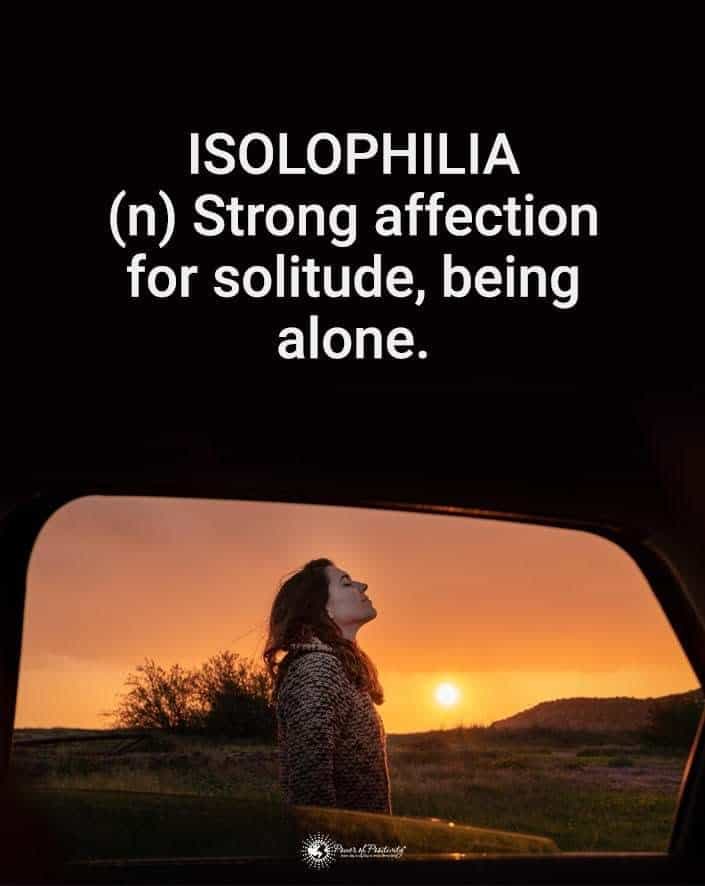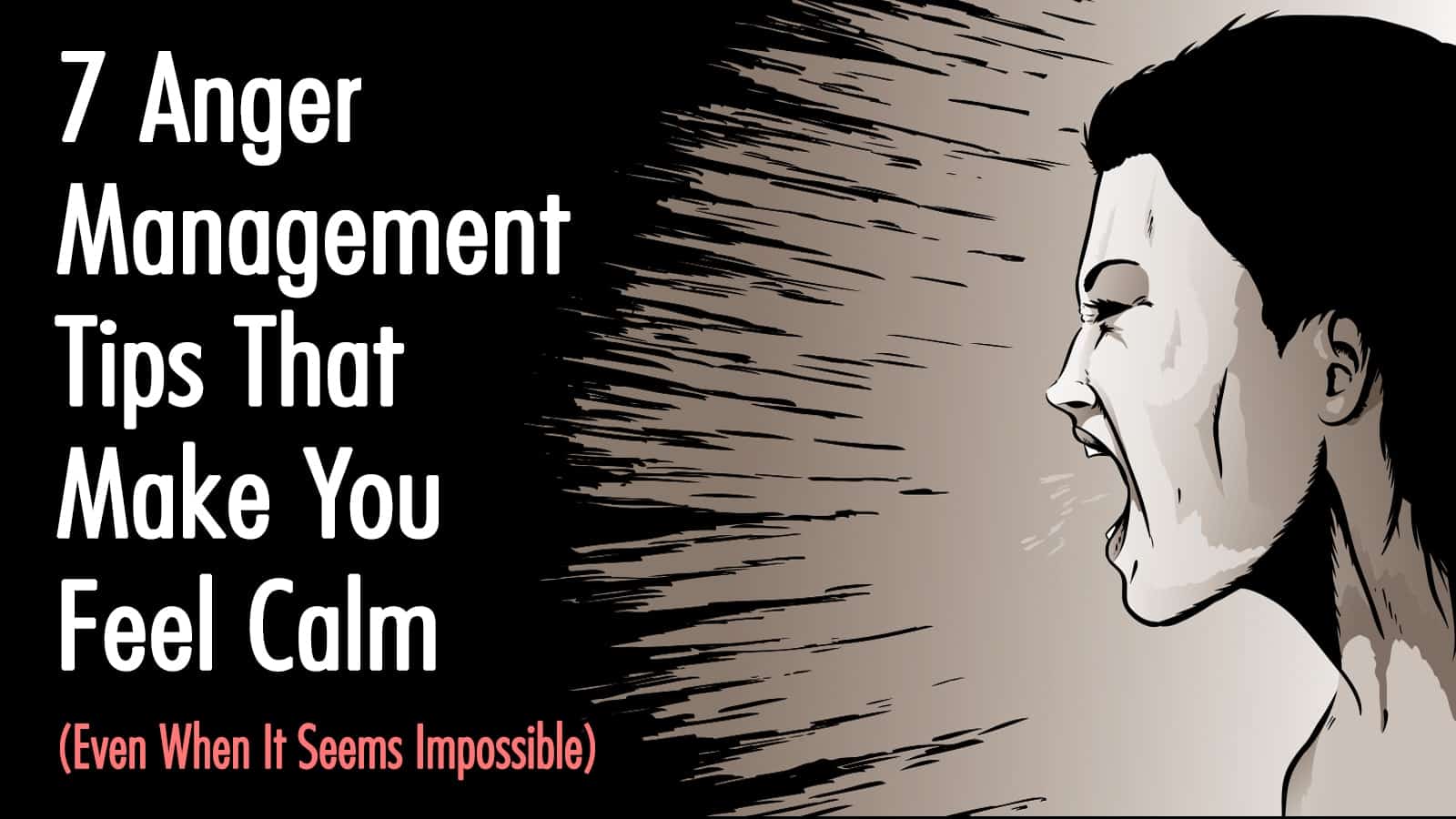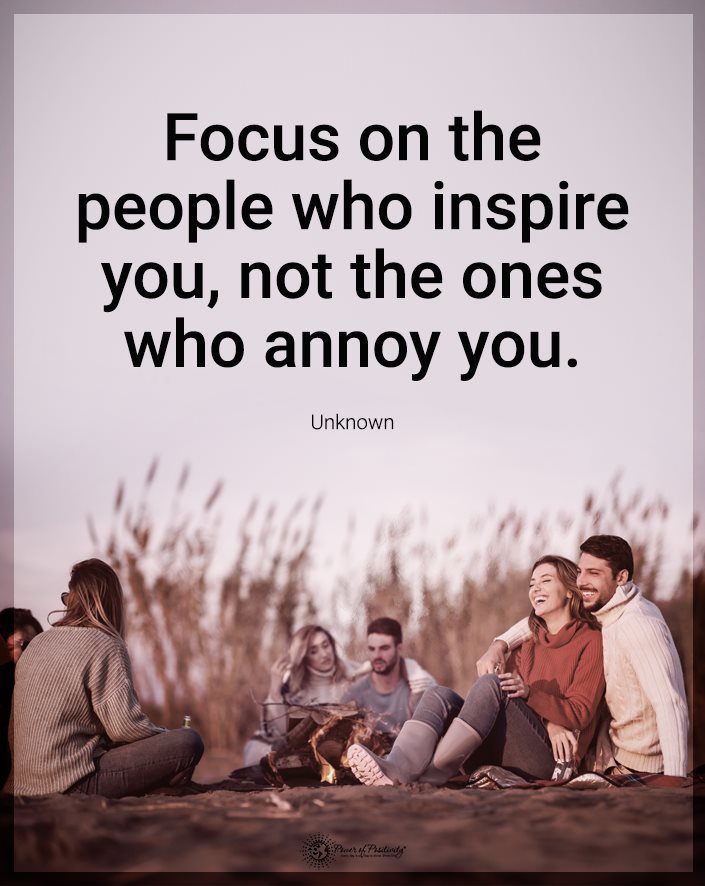Most of us have – at one time or another – thought about the mind and how to reach its full potential. We’ve all heard of the great philosophers and thinkers of the past – Confucius, Socrates, Aristotle, Descartes, and so forth. What we may not know is that all of them discussed the importance of controlling our minds and, in doing so, controlling our destinies. This discussion continues today.
“If you correct your mind, the rest of your life will fall into place.” – Lao Tzu
We often hear the mind being described as powerful, limitless, complex, and transcendent. We hear such phrases as “mind over matter,” “be mindful,” “our mind only limits us,” and “the mind is a terrible thing to waste.”
Indeed, the mind is incredibly powerful…if used properly.
You see, the mind is either (a) our greatest ally or (b) our greatest foe. There is no in-between or gray area; either our mind is used to our advantage or to our detriment. This is because a mind not fully engaged does not fulfill its purpose. We shortchange ourselves and the world in not giving all of us.
To that end, we’ve created an engaging two-part series on mastering this – at times – an ambiguous entity known as “the mind.” In this part, Part One, we will discuss what hinders our mind and allow some time for recognition and contemplation. In Part Two, we’ll give you guidance on overcoming obstacles and embracing your mind’s full potential.
Please understand, this is not a “know-it-all” piece. The author is just as fallible and prone to mental lapses, and miscues as anyone else. In fact, this piece was written as much for the author’s own knowledge and application as it is for you, dear reader.
Let us begin.
How To Master Your Mind
Where is your head?
From the moment we are formed until the moment we depart, our mind never stops working. Not one time. Even when we sleep, our mind is extrapolating and synthesizing the information taken in during the day and using it to shape our world. Consider that in just one day, we have around 70,000 thoughts. 70,000 thoughts in one day… over 25 million thoughts a year.
This poses the question: what are your thoughts?
Our mind is extraordinary as it is complex. This complexity often results in our mind’s racing and jumping from one idea to the next – seemingly without rhyme or reason. Even the most storied, gifted people of the past have contemplated the reason this intriguing occurrence.
Buddha once described the human mind as being filled with “drunken moneys,” fledgling from one thing to the next, to the next, to the next. This discovery allowed Buddha to become one of history’s most cherished figures, and the reason why the practice of meditation has become so prevalent.
Buddha realized that – without intercession – the mind would continually run an endless race. He was insightful enough to realize that, as powerful as the mind is, it requires taming; discipline. This school of thought begged the question: what about our mind requires attention?
The “Four Horsemen”
The “Four Horsemen” is terminology often used to describe apocalyptic events. Don’t worry; we’re (definitely) not going to do that here. But for the sake of our mind, we should think of these four horsemen as enemies to be defeated, foes that deserve no mercy. Let’s introduce the Four Horsemen of the human mind without further ado.
Horseman #1: The Critic
Recognize this one? The horseman often tells us that we’re not worthy of success. Indeed, this horseman takes what other people say about us and makes it fact. This is the horseman that spews all types of nonsense, only for us to turn this nonsense into a sermon of truth.
This also happens to be the horseman responsible for addiction, infidelity, depression, illness, anxiety, co-dependence, and even suicide. And this doesn’t even scratch the surface of what this infestation of the mind has produced.
He doesn’t deserve our attention or contemplation. He’s simply a by-product of what Buddha talked about over 2,000 years ago – a figment of the mind that deserves nothing other than to be ignored.
Horseman #2: The Wanderer
“Where’d I put those keys?” “Where are my shoes?” “At what time does that one thing I can’t remember need to be at that one place that I forget?” Distraction after distraction after distraction…
Folks, meet The Wanderer. Wanderer, meet the folks. Oh, you’ve already met like a thousand times today? Okay, carry on. Actually, don’t.
He’s the one that causes us to jump on Facebook when working; the one that has us mindlessly reach for that last doughnut; the one that causes us to never get anything done without starting over for the umpteenth time.
“Lack of concentration”, “lack of self-discipline”, “lack of focus”…these are all just aliases of this annoying character. We’ll discuss how to deal with him in Part Two.
Horseman #3: The Worrier
A close relative of all three Horsemen, The Worrier embodies all that is exasperating in one annoying, fictional character. Well, at least, he should be fictional. But, we’ve managed to keep this incessant nuisance around for a long time.
We’ve met this delightful acquaintance when we’re driving to work and then, unexplainably, think about losing our job; when our kids are outside playing and we constantly peek through the window; when we’re studying diligently for an exam only to think about failing.
The Worrier can manifest itself into all types of physical and mental ailments using nothing more than our insecurity. He can cause all types of problems in our relationships, at work, our finances, and our self-esteem.
Horseman #4: The Settler
Stuck in a job you hate? In a relationship that is going nowhere fast? Putting your dreams on permanent hold?
None of this is possible without The Settler. The fourth Horseman gets us to accept less than what we deserve – most times without a fight. In fact, The Settler has few scratches to show for what should be a 12-round brawl.
The most subtle of the Horsemen, the Settler will often operate without us even being aware. We just get up, go to work, come home and sleep… all without much thought. After all, we’re managing to get by just fine. Yeah, we get by just fine…get by…get by…get by…We despise much of what’s required of us, but hey, we’re getting by.
Until we reach the end of this precious life and we realize that we’ve gotten by for most of it.
Which of the four are your biggest foes? Fear not my friend, we’ll conquer them!









